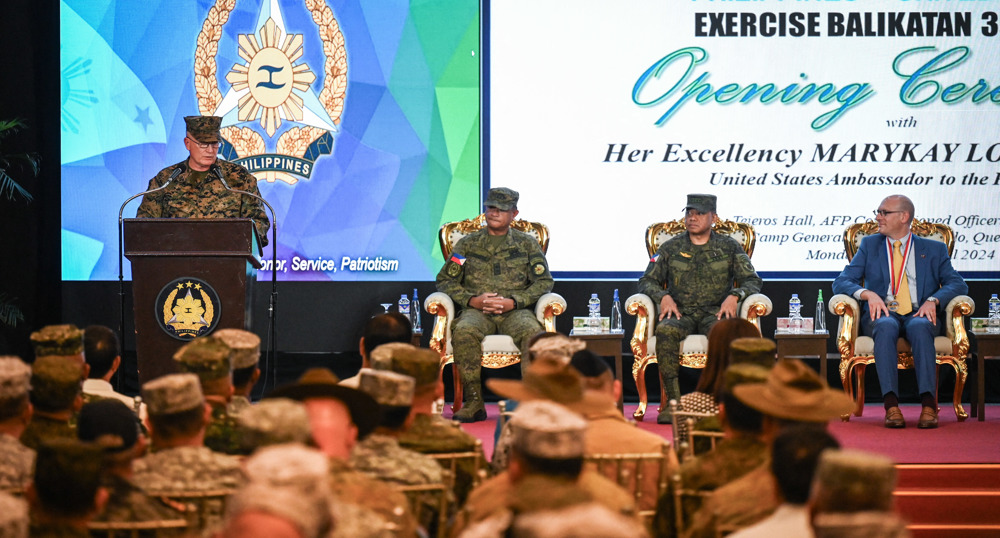Filipino teachers bring classrooms to isolated villages via traveling-school rickshaw
A group of Filipino teachers have found a creative way to help children of indigenous communities living in remote mountains north of Manila catch up on their studies under the new norms of pandemic restrictions.
Using old bookshelves and used wooden boards, the teachers built a makeshift learning center complete with a large monitor -- all of which can fit on top of rickshaw and travel between rugged mountain village roads in the mostly rural province of Pampanga.
As Philippines President Rodrigo Duterte has ordered all school classes to be held online across the country until a vaccine becomes readily available, indigenous Aeta students have been literally left out of the program, as their isolated villages completely lack the necessary infrastructure to take part in online learning.
Teachers of the nearby Villa Maria Integrated School pre-recorded instructional videos using their mobile phones and play them via a monitor mounted on top of the rickshaw to assist students with their lessons while avoiding face-to-face contact with the children. They started the initiative in early October and visit five villages in the same area, reaching around 500 students from primary school to senior high, two to three times a week, the teachers said. There is no extra budget allocated for the project although the rickshaw and driver were provided by the local government, which is supportive of their efforts.
"We teachers initially had a hard time because the only option given by the government is online or 'blended' learning wherein students are given modules and continue their lessons virtually. However, there is no internet or television in this area. We had to think of an alternative way to bring the lessons to the children," said school teacher, Christopher Semsem.
According to school Principal Marizen Tolentino, one big challenge is the lack of direct supervision by teachers and the ability among the indigenous students to comprehend and process lessons delivered to them.
"Some of our Aeta (students) cannot read, especially the kindergarten and the elementary students. And so, how are they going to be able to answer the modules? Even their parents cannot assist them," she added.
Through their makeshift learning center, the teachers hope the Aeta children can continue their learning and eventually lift their lives out of poverty.
The teachers say that so far students have responded enthusiastically to the courses and their parents were grateful for the resumption in classes.
(Source: Reuters)
VIDEO | Press TV's news headlines
VIDEO | American, Israeli rabbis call for ceasefire during protest near Gaza
Iran calls for enhanced defense cooperation with Russia
US campus crackdown: 500 pro-Palestinian protesters arrested
VIDEO | Yemenis rally in Sana'a in solidarity with Palestinians in Gaza
VIDEO | Jordanians march after Friday prayers in support of Palestinians
Far-right Israeli minister Ben-Gvir injured
Germany clears pro-Gaza camp as US-style demos spread across Europe









 This makes it easy to access the Press TV website
This makes it easy to access the Press TV website